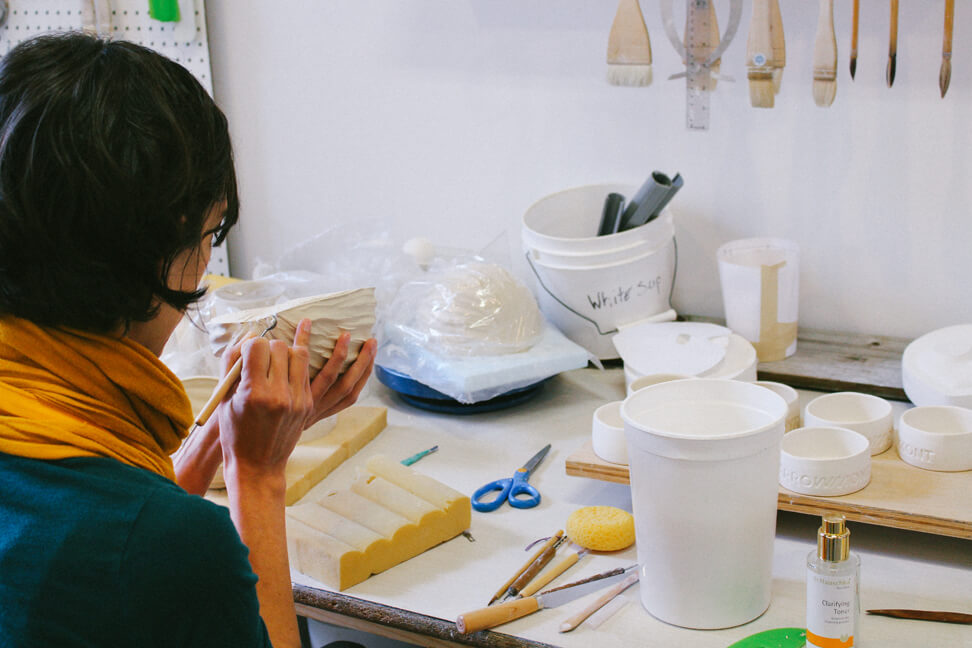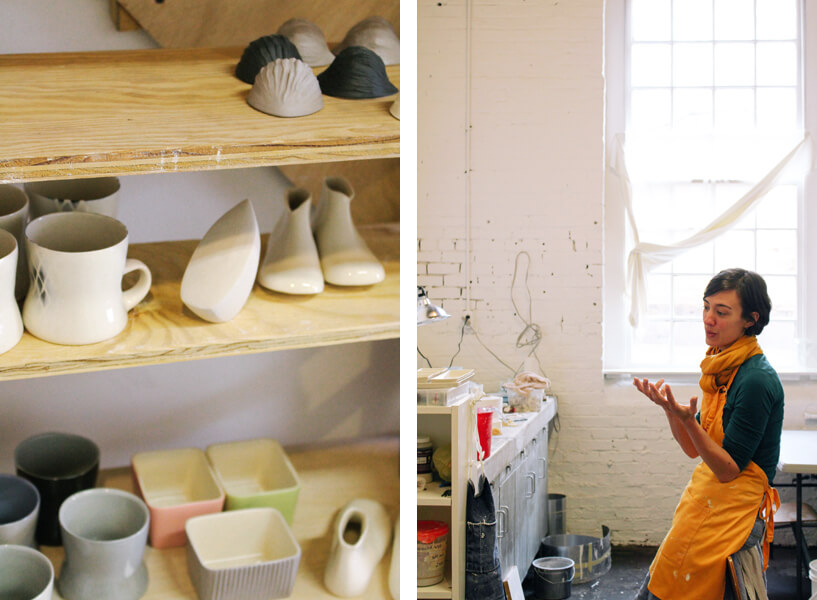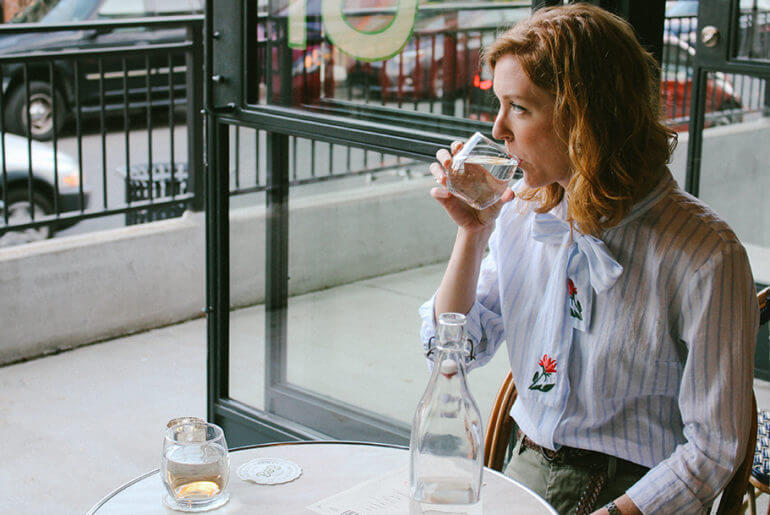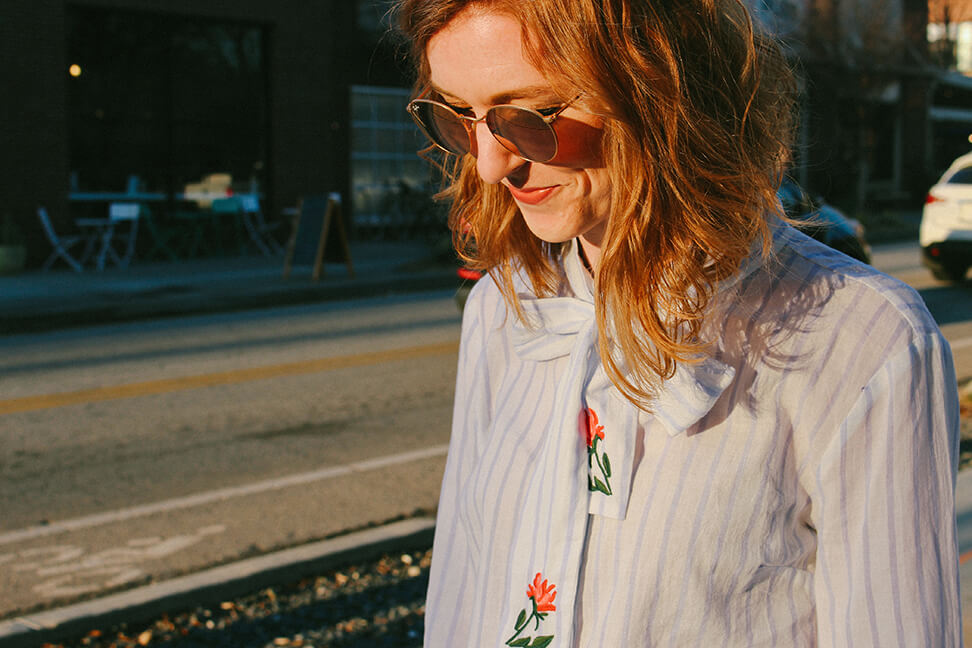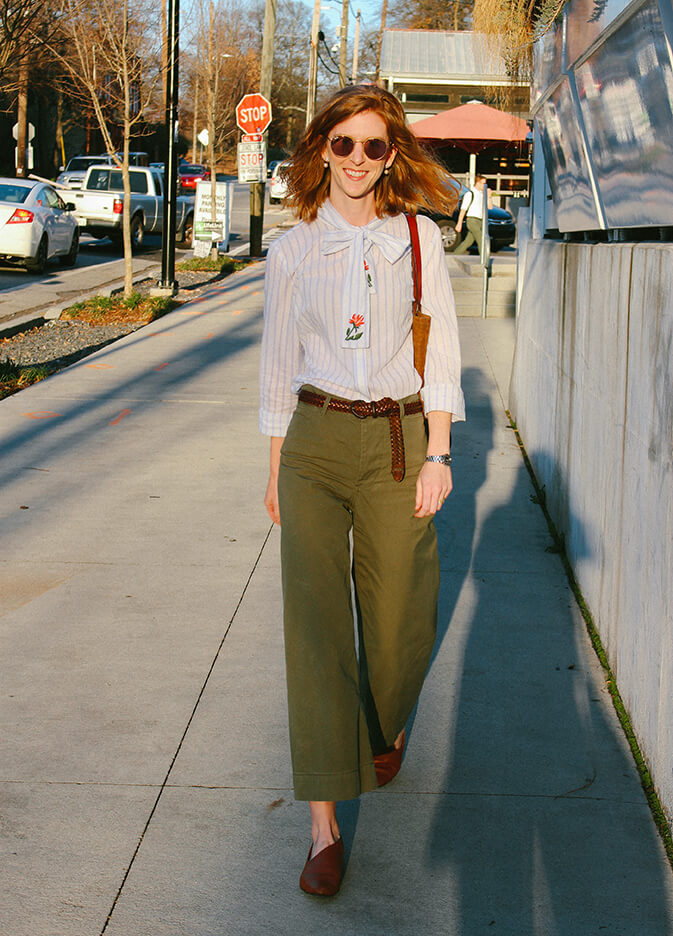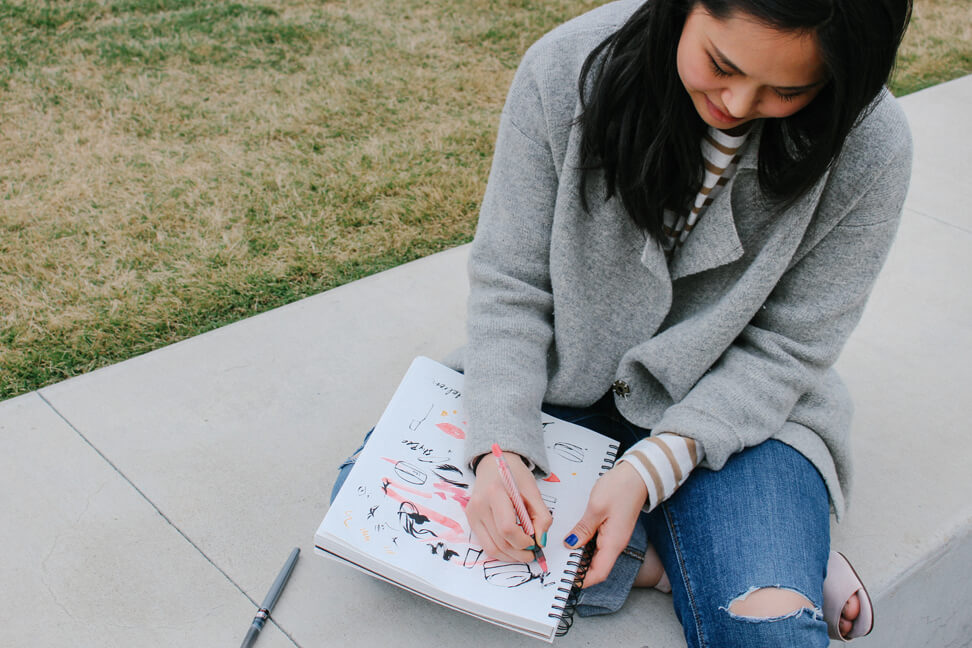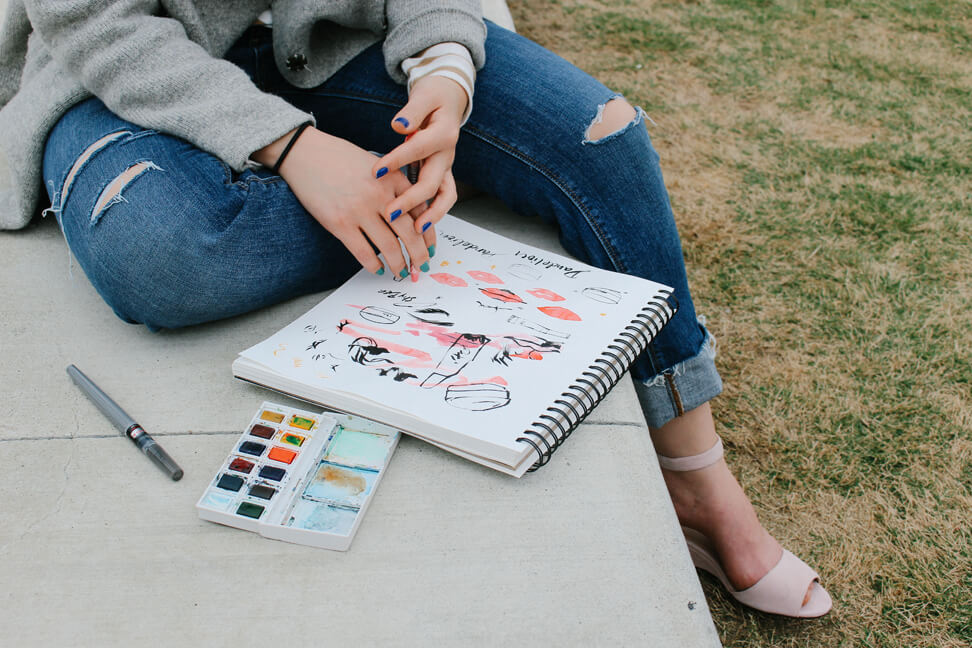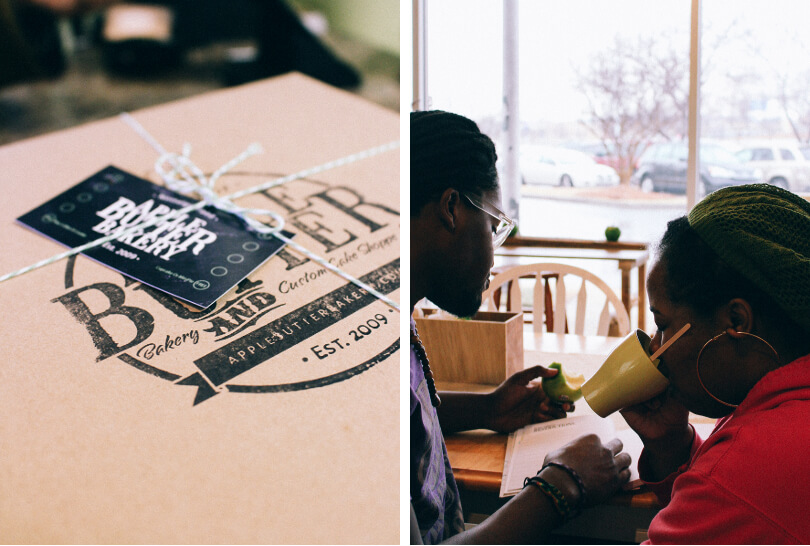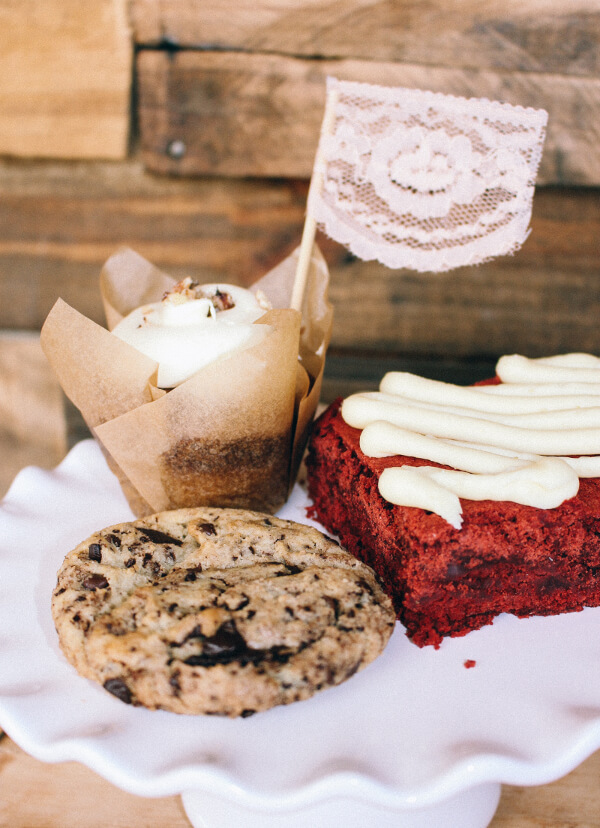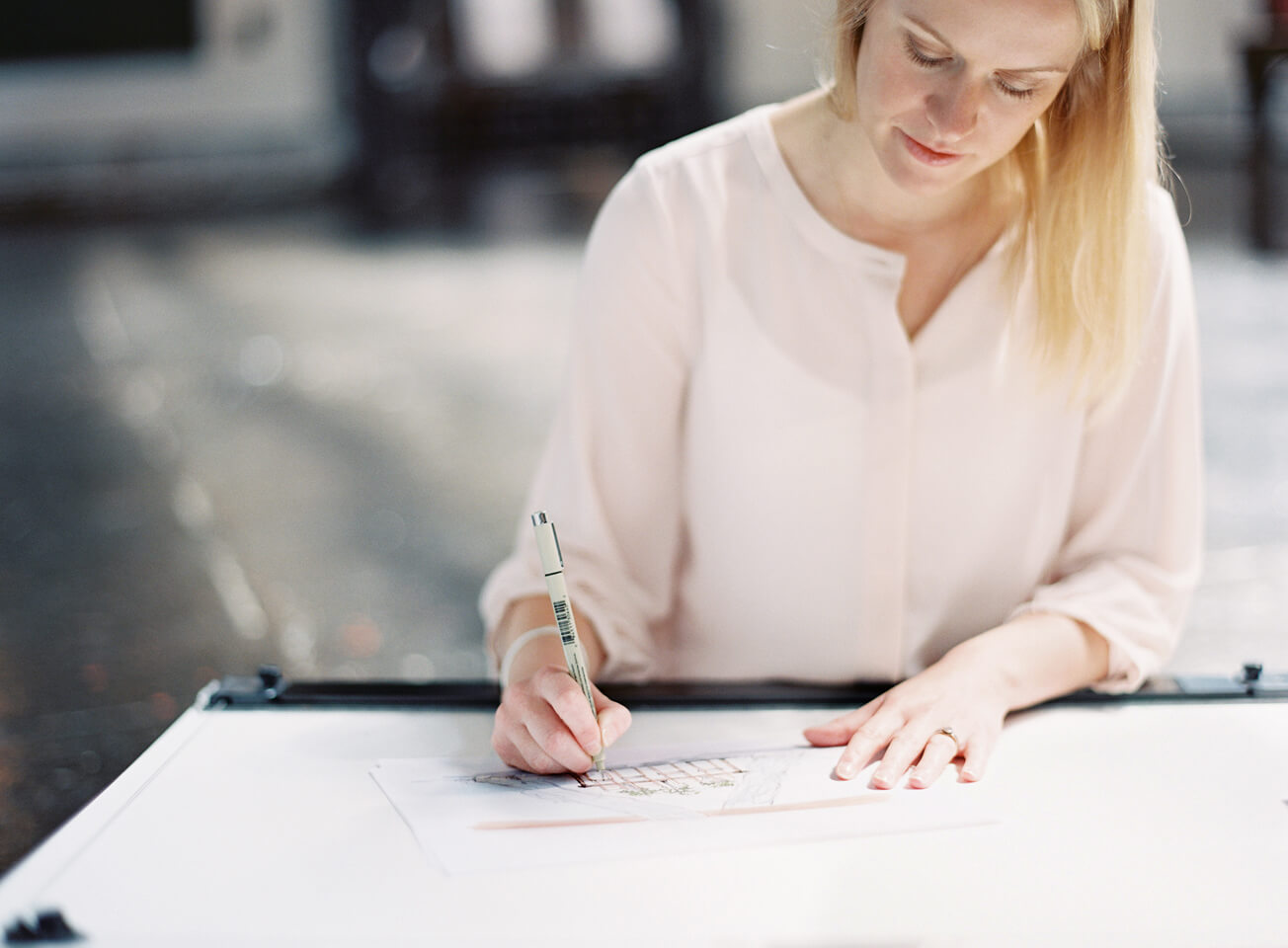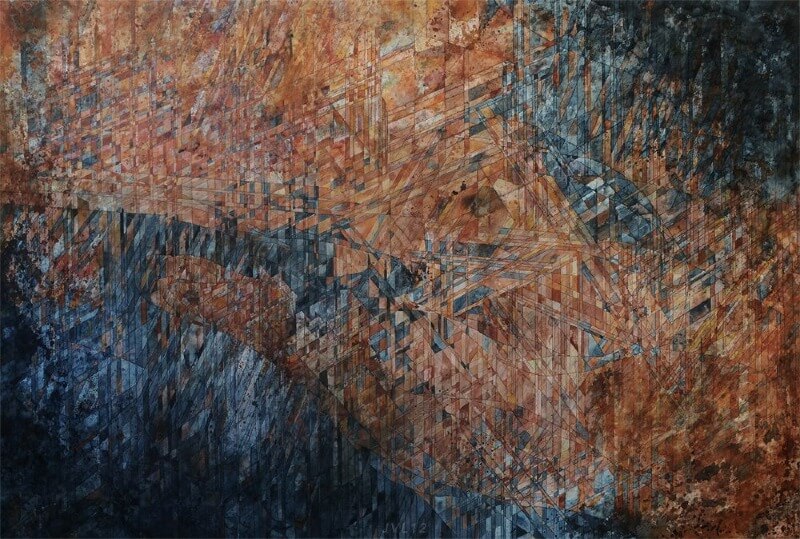If I sat down and tried to count all the talented people that I’ve met in my life, my mind would probably implode. And yet still, I find more artists to admire, more hands to watch. As I move through different stages in my creative career, I find that there is always someone riding alongside me, just ahead of me, or right behind me. We’re all connected and relate to one another through some form of aspiration or insecurity. This instant bond over “figuring it out” is key to moving forward.
You may have noticed that some of these interviews are termed “creative maker” and some are termed “creative master”. What makes someone a master versus a maker? For me, these two terms are very fluid and subjective. I don’t know if any artists I could relate to consider themselves masters. If they did, they probably wouldn’t be moving forward. For me, a master is someone who is sure in their practice, sure in their voice, and sure in the goals they set before them. By now, all the Creative Makers I’ve featured are probably now Creative Masters.
I fell in love with Rachel’s forms before I met her in person. Over last year’s holiday season, I picked up a porcelain mug at Crafted Westside and my cabinet was then forever changed. It was smooth, elegant, and easy to hold, the perfect size. I had to have it. Not long after, I found out that Rachel was actually a mutual friend. It was then that I realized the universe was telling me that I had to meet this woman. Well.. I ended up meeting her and the time I spent with her was everything I anticipated it to be. When you connect with someone’s work, you are ultimately connecting with them as a person. So obviously, I knew I was going to like her.
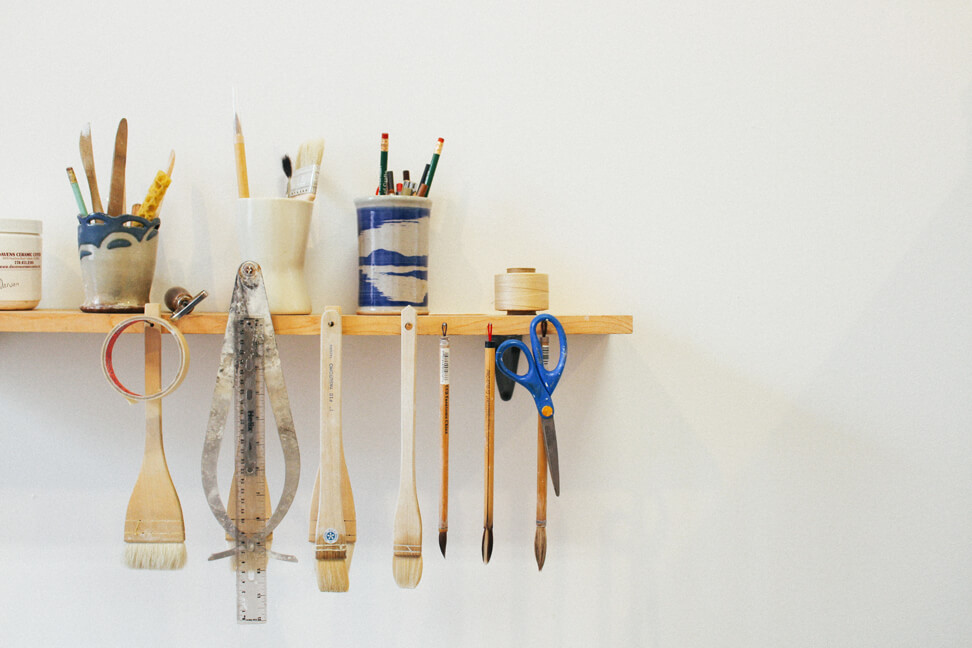
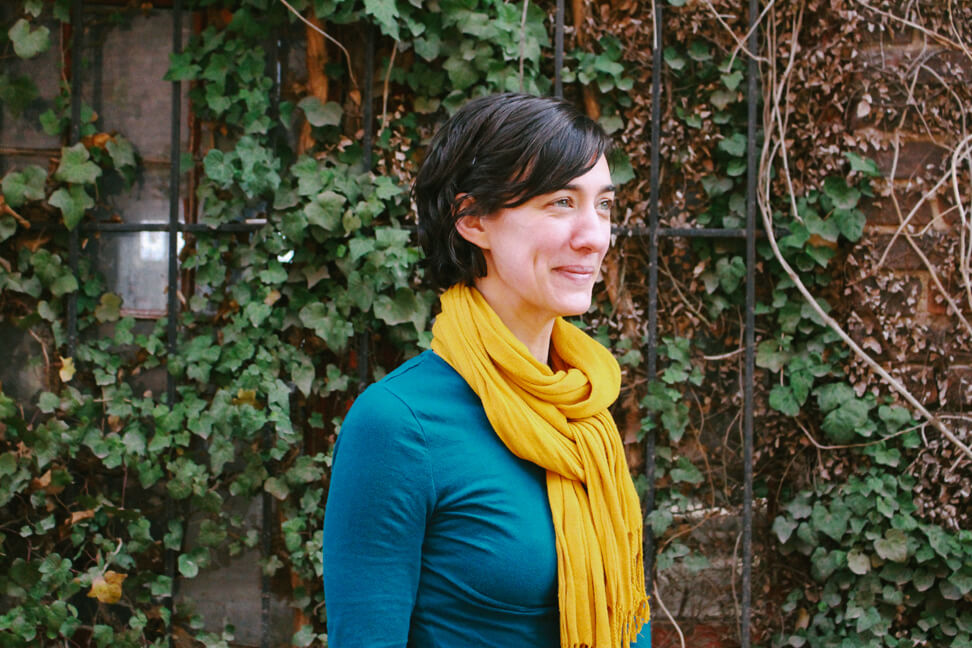
Can you describe the earliest memory you have working with clay?
It was second grade–we had Art class once a week, on Friday afternoons. I sculpted a whale out of clay and, just as I was instructed, I hollowed out the inside so that be wouldn’t blow up in the kiln. After a long week of waiting, he emerged from the bisk with a giant crack extending in both directions from his blow hole. Mrs. Rosetti suggested that I fill in the crack with glaze. That seemed like a good idea, so I selected the glaze called “blue-speckled gray” because, naturally, that was the best fit for my whale. I kept filling and filling and filling that crack with the blue-speckled gray glaze but the crack just kept absorbing and absorbing and absorbing the glaze. I did the best I could and put it on the cart with the others. The next week, I met my freshly fired whale, who was now indeed a beautiful shade of blue-speckled gray, with a crack extending in both directions from his blow hole. To this day, he lives on a shelf in the closet of my old bedroom in my parents’ house.
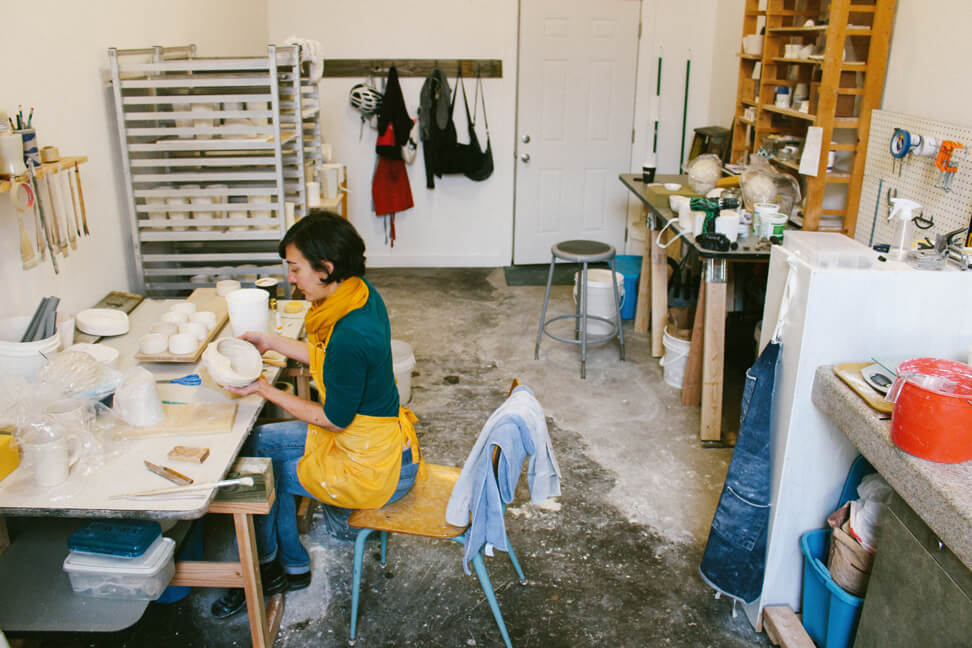
What do you love about porcelain and why do you continue to work with it as your preferred medium?
So many things….it’s as though porcelain is this other material which lies somewhere between clay and glass. We treat it like clay when we manipulate it in its raw form, but when embraced by the fire, it begins to dance in the fluid realm of molten glass. And when it emerges, it contains luminescence. It is not transparent like glass, but it lets the light through and it glows. When vitrified, a sanded surface becomes as smooth as skin–such a pleasure to touch, to hold, to place to the lips and take a sip… In the process of slip casting, there is a certain predictability–when the porcelain is released from the mold, the form will be that of the hollow space of the mold. However, once turned over to the kiln, the porcelain may shift and transform in unexpected ways. It maintains mystery in that way. Porcelain also contains the paradox of extreme fragility and ultimate strength–it can be the finest teacup, locked safely in a cupboard, pulled out for only the most special occasion, and, if dropped, will shatter into a million pieces. It is also rugged and durable–a toilet that we sit on or floor tiles that we walk all over. And it is everything in between–it’s all in a matter of how we approach it, and what qualities we choose to expose.
